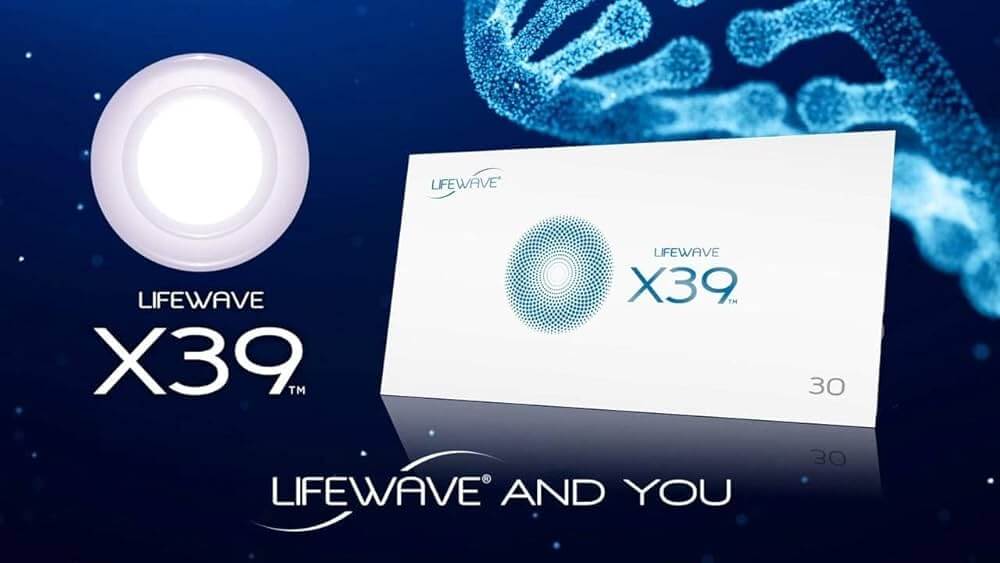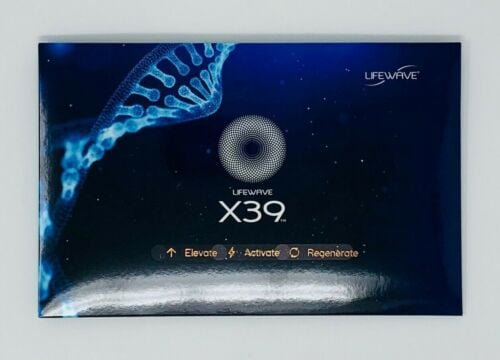
Copper Peptides - GHK-Cu and its Regenerative and Protective Actions
Introduction
The copper peptides GHK-Cu (Glycyl-L-Histidyl-L-Lysine Copper) are a naturally occurring tripeptide complex with copper, known for their remarkable regenerative and protective properties. First discovered in human plasma in the 1970s, GHK-Cu has since been extensively studied for its role in tissue repair, skin rejuvenation, anti-inflammatory effects, and cellular health. This peptide has been shown to influence gene expression, promote healing, and protect against oxidative damage, making it an essential component in anti-aging and therapeutic applications.
The Science Behind GHK-Cu
GHK-Cu is a small yet powerful peptide that plays a crucial role in wound healing, collagen synthesis, and overall cellular regeneration. It binds to copper ions, facilitating their transport into cells, where they participate in various biological processes. The peptide has been found to regulate numerous genes associated with tissue repair, antioxidant defense, and anti-inflammatory responses.
The ability of GHK-Cu to modulate gene expression is one of its most impressive attributes. Research indicates that it can influence over 4,000 human genes, particularly those involved in skin regeneration, nerve growth, and immune response. By upregulating beneficial genes and downregulating damaging ones, GHK-Cu helps maintain cellular homeostasis and combats the effects of aging and environmental stressors.

Regenerative Properties of GHK-Cu
1. Skin Repair and Anti-Aging
GHK-Cu has been widely recognized for its ability to rejuvenate skin by stimulating collagen and elastin production. Collagen, the primary structural protein in the skin, declines with age, leading to wrinkles, sagging, and loss of elasticity. By promoting collagen synthesis, GHK-Cu helps restore firmness, smoothness, and overall skin vitality.
Additionally, the copper peptides enhance the production of glycosaminoglycans, which contribute to skin hydration and resilience. Clinical studies have shown that GHK-Cu reduces fine lines, improves skin texture, and accelerates wound healing. Its antioxidant properties also help protect the skin from UV-induced damage and oxidative stress.
2. Wound Healing and Tissue Regeneration
GHK-Cu’s role in wound healing is well-documented. It promotes the migration of keratinocytes and fibroblasts to injury sites, accelerating tissue repair. Moreover, it enhances angiogenesis (the formation of new blood vessels), ensuring an adequate supply of oxygen and nutrients for healing tissues.
In addition to its regenerative effects, GHK-Cu possesses anti-inflammatory properties, reducing swelling and redness associated with wounds and injuries. This makes it particularly useful for treating burns, ulcers, and post-surgical wounds.
3. Hair Growth and Follicle Stimulation
Another promising application of GHK-Cu is its ability to stimulate hair growth. Studies suggest that these copper peptides prolong the anagen (growth) phase of the hair cycle while reducing hair follicle miniaturization, a common cause of hair thinning and baldness.
By improving blood circulation to the scalp and reducing inflammation, GHK-Cu helps maintain healthy hair follicles and promotes thicker, stronger hair. Many hair care products and treatments now incorporate GHK-Cu to combat hair loss and improve overall scalp health.
Protective Actions of GHK-Cu
1. Antioxidant and Anti-Inflammatory Effects
GHK-Cu is a potent antioxidant that neutralizes free radicals and reduces oxidative stress, which contributes to aging and degenerative diseases. By decreasing reactive oxygen species (ROS) levels, the peptide helps protect cells from DNA damage and premature aging.
Additionally, GHK-Cu has significant anti-inflammatory properties, inhibiting pro-inflammatory cytokines while promoting the release of anti-inflammatory molecules. This makes it beneficial for individuals with chronic inflammatory conditions such as arthritis, asthma, and inflammatory skin disorders.
2. Neuroprotective Benefits
Recent research has explored GHK-Cu’s role in brain health and neuroprotection. The peptide has been shown to support nerve regeneration, enhance synaptic plasticity, and protect neurons from oxidative stress. These effects suggest its potential in the treatment of neurodegenerative diseases such as Alzheimer’s and Parkinson’s.
GHK-Cu also promotes the repair of damaged nerves and may play a role in reducing cognitive decline associated with aging. By modulating genes linked to brain function, it supports cognitive resilience and neural repair.
3. Immune System Support
A healthy immune system is essential for overall well-being, and GHK-Cu contributes to immune function by regulating immune cell activity and enhancing wound healing. The peptide helps modulate the immune response, ensuring a balance between effective defense mechanisms and excessive inflammation.
GHK-Cu copper peptides have been studied for their antimicrobial properties, particularly their ability to fight bacterial infections and support tissue integrity. By reinforcing the skin barrier and promoting tissue repair, they help reduce the risk of infections and enhance overall immune resilience.
Applications of GHK-Cu in Medicine and Skincare
Given its vast regenerative and protective benefits, GHK-Cu is widely used in medical and cosmetic applications. Some of the most common uses include:
-
Anti-Aging Skincare: Many high-end skincare products incorporate GHK-Cu for its collagen-boosting and skin-rejuvenating properties.
-
Wound Healing Treatments: GHK-Cu is used in creams and gels to accelerate the healing of cuts, burns, and ulcers.
-
Hair Restoration Therapies: Topical applications and scalp treatments containing GHK-Cu help promote hair growth and prevent thinning.
-
Neuroprotective Research: Studies are ongoing to explore its potential in treating neurodegenerative conditions.
-
Arthritis and Joint Health: Due to its anti-inflammatory and tissue-regenerating properties, GHK-Cu may be beneficial for individuals with joint pain and cartilage degradation.
Conclusion
The GHK-Cu copper peptides stand out as a powerful regenerative and protective molecule with diverse applications in health, wellness, and medicine. From stimulating collagen production and accelerating wound healing to protecting against oxidative stress and supporting brain health, GHK-Cu offers numerous benefits backed by scientific research.
As interest in regenerative medicine continues to grow, GHK-Cu remains at the forefront of innovative therapies aimed at enhancing human health and longevity. Whether used in skincare, hair restoration, or medical treatments, this remarkable peptide holds immense promise for improving quality of life and promoting long-term well-being.
 Fight inflamation naturally with the X39 stem cell activation patch - Click Now
Fight inflamation naturally with the X39 stem cell activation patch - Click Now
Be sure to check out the rest of our blog here at mybestlivingnow.com website. Also, visit the shop and view our chemical free household products. You will also find information on the exciting technology that activates your own dormant stemcells through light therapy just by wearing the non-transdermal X39 patch. Have you been patched with X39 yet?
